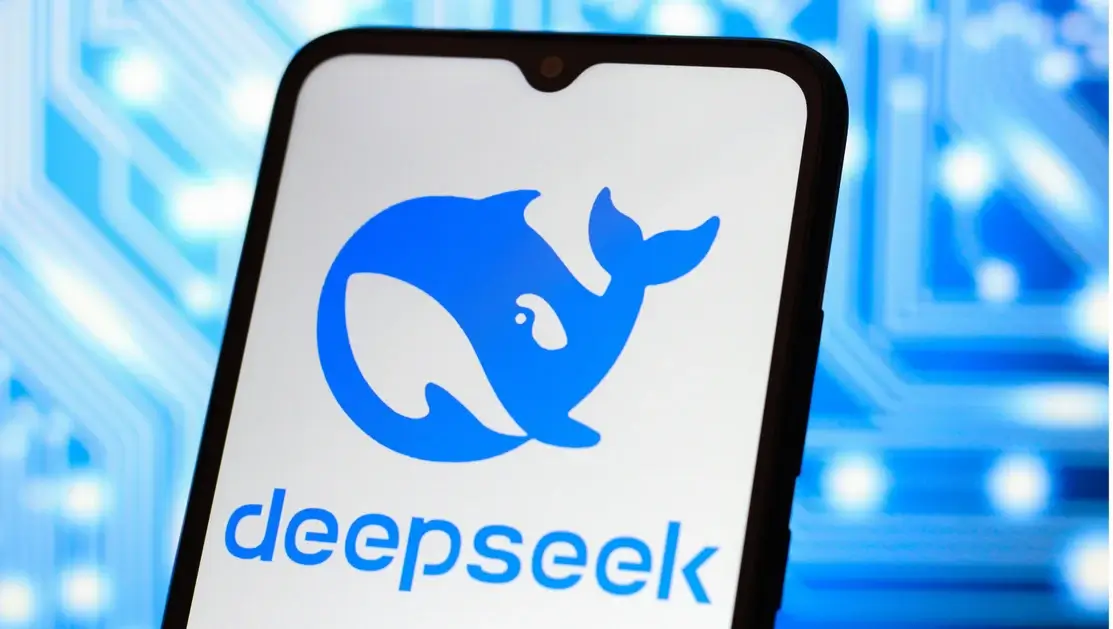China's DeepSeek has emerged as a significant player in the artificial intelligence landscape, rapidly developing and releasing advanced AI models that are drawing both excitement and scrutiny. Founded in July 2023, DeepSeek has quickly gained recognition for its large language models (LLMs) and its cost-effective approach to AI development.
DeepSeek's AI models, including DeepSeek-V3 and DeepSeek-R1, are designed for natural language processing, data analysis, and various machine-learning applications. The company made headlines with the claim that it trained its DeepSeek-V3 model for under $6 million, a fraction of the cost reportedly required to train models like OpenAI's GPT-4. This has led to speculation about DeepSeek's efficiency and its potential to disrupt the AI landscape by offering high-performing models at a lower cost.
In late September 2025, DeepSeek launched DeepSeek-V3.2-Exp, an experimental version of its V3 foundation model. The company said that this model enhances training and inference efficiency while reducing application-programming-interface costs by more than 50% compared with previous versions. V3.2-Exp incorporates a new "sparse attention mechanism" to improve efficiency when handling long inputs and achieves performance "on par" with V3.1-Terminus, despite being significantly cheaper to use.
DeepSeek's focus on domestic hardware is evident in the optimization of its models for Chinese-made AI chips. DeepSeek released its latest large language model, DeepSeek-V3.2-Exp, with optimizations for Huawei's Ascend hardware and CANN software stack. This signifies a strategic shift towards supporting domestic accelerators rather than relying on Nvidia's CUDA ecosystem. Huawei is also making its Ascend AI GPU software toolkit open-source to better compete against CUDA.
Despite the rapid advancements and cost-effectiveness, DeepSeek's models have faced scrutiny regarding safety, security, and alignment with Chinese Communist Party (CCP) ideology. A recent evaluation by the Center for AI Standards and Innovation (CAISI) at the National Institute of Standards and Technology (NIST) found that DeepSeek's models lag behind U.S. models in performance, cost, security, and adoption. The evaluation also highlighted that DeepSeek models are more susceptible to jailbreaking and agent hijacking attacks compared to U.S. models. Furthermore, the CAISI evaluation indicated that DeepSeek models echoed inaccurate and misleading CCP narratives more frequently than U.S. reference models.
Despite the identified shortcomings, the adoption of DeepSeek models has increased significantly, with downloads on model-sharing platforms rising dramatically since January 2025. This indicates a growing interest in and utilization of Chinese AI models, even with the concerns raised about their safety and reliability.
DeepSeek's emergence as a prominent AI developer highlights China's growing capabilities in the field. While questions remain regarding the safety, security, and potential biases of its models, DeepSeek's advancements are contributing to the rapid evolution of AI technology and the ongoing competition in the global AI landscape.














